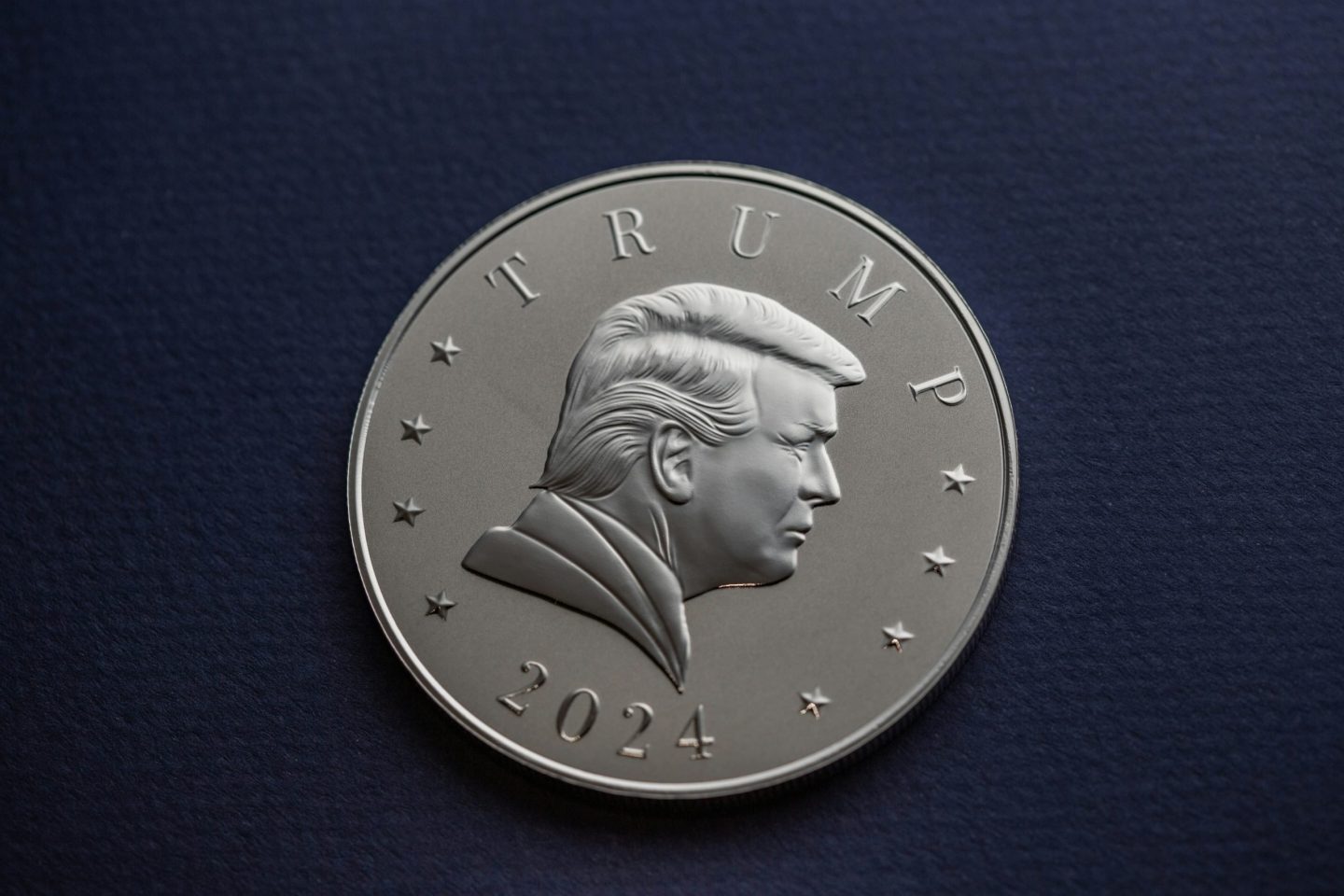Crypto Market Trembles: US Tariff Shock Sends Digital Stocks Plummeting

The cryptocurrency market experienced a significant downturn as new US tariff announcements sent shockwaves through global financial markets. Bitcoin and ethereum saw sharp declines, mirroring the broader sell-off in technology stocks and equity markets. This dramatic drop underscores the increasing correlation between digital assets and traditional financial market dynamics.
Investors watched with concern as the cryptocurrency landscape became increasingly volatile, reflecting growing macroeconomic uncertainties. The sudden price plunge highlighted the sensitive nature of digital currencies to global economic shifts, demonstrating that crypto markets are no longer operating in isolation but are deeply interconnected with wider economic trends.
The market turbulence serves as a stark reminder that cryptocurrency investments remain closely tied to global economic sentiments, with geopolitical developments and trade policies capable of triggering rapid and substantial market movements.
